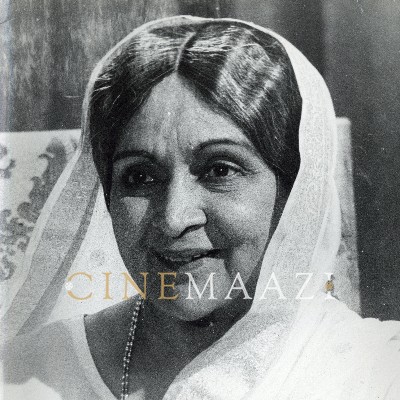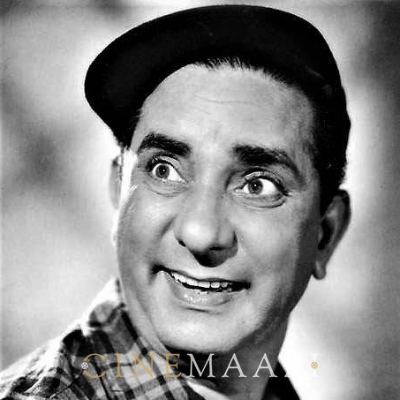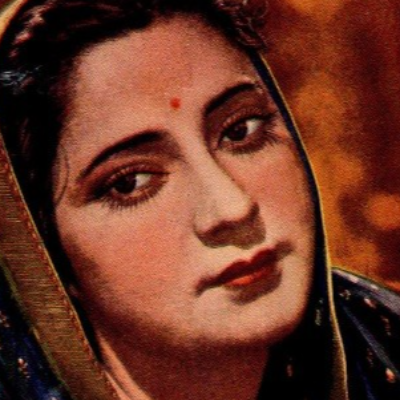Binoy Chatterjee
Subscribe to read full article
This section is for paid subscribers only. Our subscription is only $37/- for one full year.
You get unlimited access to all paid section and features on the website with this subscription.
Not ready for a full subscription?
You can access this article for $2 , and have it saved to your account for one year.
- Born: 08/12/1910 (Hooghly)
- Primary Cinema: Bengali
Binoy Chatterjee, the prolific writer of films like Bandhan (1956), Agni Pareeksha (1981) had no intention of joining the visual medium of cinema. Influenced by his grandfather who was a publisher, Chatterjee had an inclination towards literature and a passion for writing which ultimately led him to write for films. In 1934, he started his career as a film journalist for The Indian Monthly Magazine at the remuneration of Rs 20 per article. He was the only Indian on the team at that point.
In 1935, he took his chances and joined New Theatres. He got the opportunity to assist Nitin Bose in the scriptwriting and direction process for the film Dhoop Chhaon (1935) and President/Didi (1937). Bose also mentored him and gave him the added responsibility of dialogue writing for his films Dharti Mata (1938) and Dushman (1939). In 1938, he was credited for it in Jiban Maran, another film by Bose.
Chatterjee was a man of principle and he believed that the work of a writer was best done in close collaboration with the director. According to him, a story is supposed to be respected and not altered with later. Apparently, Chatterjee withdrew from the Baharen Phir Bhi Ayengi project, a remake of the Bengali film President, as there were some major changes to an important character’s story.
Audiences and the industry took notice of this principled writer with his work on Saugandh (1942) starring Asit Baran-Bharati which was a superhit. When Mere Arman Mere Sapne (1963), a remake of Saugandh was made, the writer was surprised by all the changes. In his career, he maintained strong professional alliances with a few filmmakers. Other than Bose, he also collaborated with Subodh Mitra in Dui Purush (1945), Manzoor (1949), Raikamal (1955). Hemchandra and Chatterjee too worked together in Parajay (1939), Pratisruti (1941), Wapas (1943), Meri Bahen (1944). Their film Teen Bhai (1955) received the All India Certificate of Merit as the third best film of the year. He was the screenwriter of the Uttam Kumar-Suchitra Sen classic Saptapadi (1961).
A lot of his stories carried social messages. Meri Bahen was in alliance with the government’s attempts to push the war effort. With Pratibad/Oonch Neech (1948), he addressed untouchability, Dharti Mata was based on cooperative farming and Dushman was concerned with the topic of tuberculosis.
Later in his career, he joined Sircar Production which belonged to Dilip Sircar, son of his close friend and producer B N Sircar.
The principled writer never craved for attention in the limelight and took pride in a well-made film. He truly believed that a writer required space and independence in their work which should be honoured.











.jpg)



